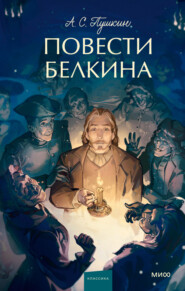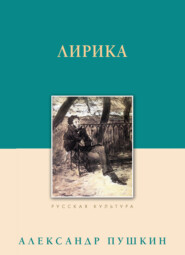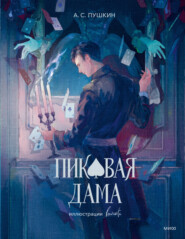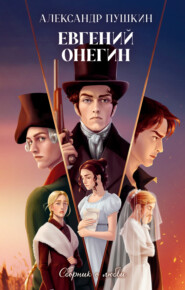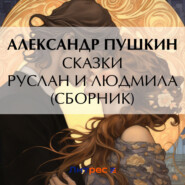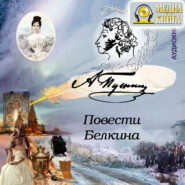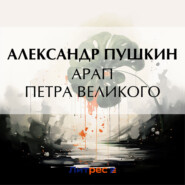По всем вопросам обращайтесь на: info@litportal.ru
(©) 2003-2025.
✖
Boris Godunov
Год написания книги
2018
Настройки чтения
Размер шрифта
Высота строк
Поля
(Exeunt.)
TSAR. (Enters.) I have attained the highest power. Six years
Already have I reigned in peace; but joy
Dwells not within my soul. Even so in youth
We greedily desire the joys of love,
But only quell the hunger of the heart
With momentary possession. We grow cold,
Grow weary and oppressed! In vain the wizards
Promise me length of days, days of dominion
Immune from treachery—not power, not life
Gladden me; I forebode the wrath of Heaven
And woe. For me no happiness. I thought
To satisfy my people in contentment,
In glory, gain their love by generous gifts,
But I have put away that empty hope;
The power that lives is hateful to the mob,—
Only the dead they love. We are but fools
When our heart vibrates to the people's groans
And passionate wailing. Lately on our land
God sent a famine; perishing in torments
The people uttered moan. The granaries
I made them free of, scattered gold among them,
Found labour for them; furious for my pains
They cursed me! Next, a fire consumed their homes;
I built for them new dwellings; then forsooth
They blamed me for the fire! Such is the mob,
Such is its judgment! Seek its love, indeed!
I thought within my family to find
Solace; I thought to make my daughter happy
By wedlock. Like a tempest Death took off
Her bridegroom—and at once a stealthy rumour
Pronounced me guilty of my daughter's grief—
Me, me, the hapless father! Whoso dies,
I am the secret murderer of all;
I hastened Feodor's end, 'twas I that poisoned
My sister-queen, the lowly nun—all I!
Ah! Now I feel it; naught can give us peace
Mid worldly cares, nothing save only conscience!
Healthy she triumphs over wickedness,
Over dark slander; but if in her be found
A single casual stain, then misery.
With what a deadly sore my soul doth smart;
My heart, with venom filled, doth like a hammer
Beat in mine ears reproach; all things revolt me,
And my head whirls, and in my eyes are children
Dripping with blood; and gladly would I flee,
But nowhere can find refuge—horrible!
Pitiful he whose conscience is unclean!
TAVERN ON THE LITHUANIAN FRONTIER
MISSAIL and VARLAAM, wandering friars; GREGORY in secular attire; HOSTESS
HOSTESS. With what shall I regale you, my reverend
honoured guests?
VARLAAM. With what God sends, little hostess. Have you
no wine?
HOSTESS. As if I had not, my fathers! I will bring it at
once. (Exit.)
MISSAIL. Why so glum, comrade? Here is that very
Lithuanian frontier which you so wished to reach.
GREGORY. Until I shall be in Lithuania, till then I shall not
Be content.
VARLAAM. What is it that makes you so fond of Lithuania!
Here are we, Father Missail and I, a sinner, when we fled
from the monastery, then we cared for nothing. Was it
Lithuania, was it Russia, was it fiddle, was it dulcimer?
All the same for us, if only there was wine. That's the
main thing!
MISSAIL. Well said, Father Varlaam.
HOSTESS. (Enters.)
There you are, my fathers. Drink to your health.
MISSAIL. Thanks, my good friend. God bless thee. (The
monks drink. Varlaam trolls a ditty: "Thou passest
by, my dear," etc.) (To GREGORY) Why don't you join
in the song? Not even join in the song?
GREGORY. I don't wish to.
MISSAIL. Everyone to his liking—
VARLAAM. But a tipsy man's in Heaven.[3 - The Russian text has here a play on the words which cannot be satisfactorily rendered into English.] Father Missail!
We will drink a glass to our hostess. (Sings: "Where
the brave lad in durance," etc.) Still, Father Missail,
when I am drinking, then I don't like sober men; tipsiness
is one thing—but pride quite another. If you want
to live as we do, you are welcome. No?—then take
yourself off, away with you; a mountebank is no
companion for a priest.






